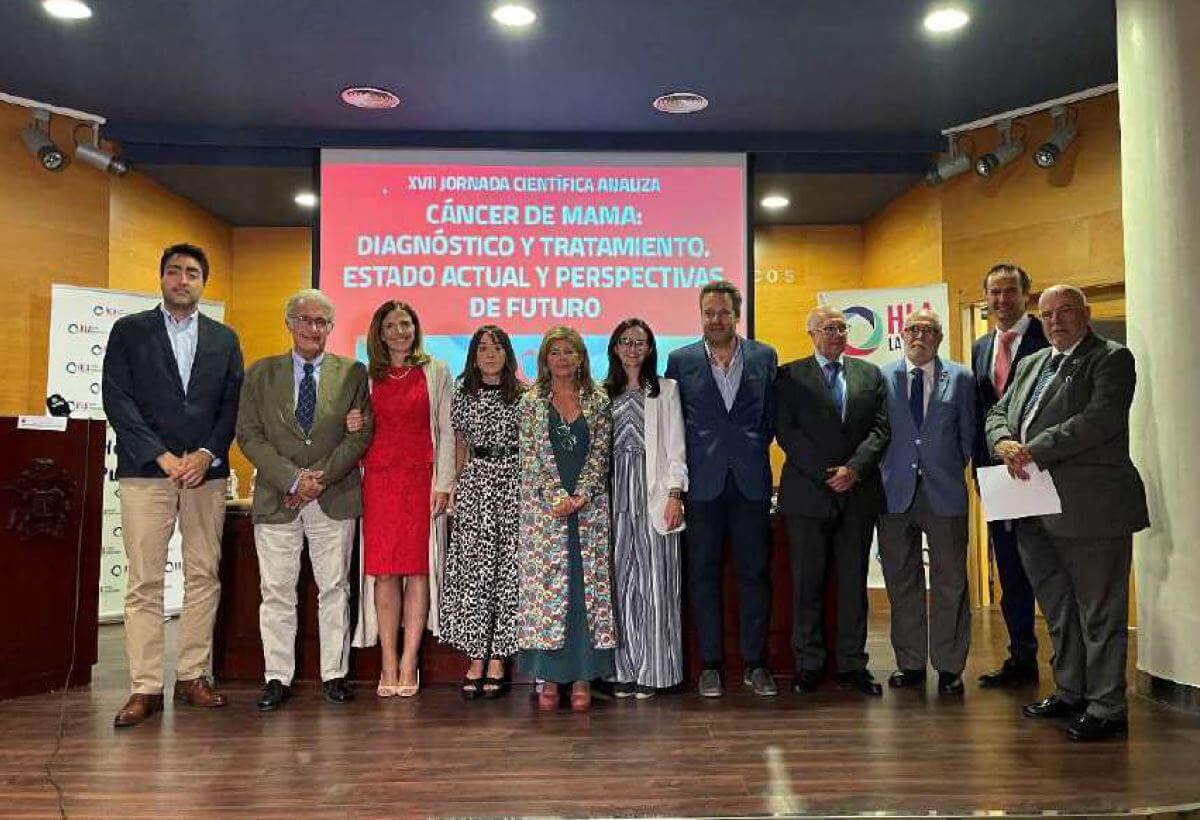Last month the College of Physicians of Cádiz was the site of the 17th Analiza Scientific Conference, which addressed the latest diagnostic, therapeutic and surgical perspectives with regards to breast cancer.
The Spanish Medical Oncology Society (SEOM) classifies breast cancer as the second most common, in general terms, and the first among women, as in Spain 34,750 breast tumor diagnoses are expected.
Taking a multidisciplinary approach, the participating specialists presented an overview of the clinical management of breast tumors.
In 1894 W. Halsted introduced radical mastectomy as an almost exclusive surgical treatment. For more than 70 years this procedure consisted of the removal of the entire breast and lymph node areas. Today, oncology considers cancer as a systemic disease from the beginning, and genetic alterations are identified through methods such as massive sequencing.
Currently, precision oncology can be used to select therapeutic targets that allow for personalized approaches using targeted drugs.
Dr. Irene Rodriguez Perez, as Director of Anatomic Pathology at Analiza, pointed out the importance of “progress in the molecular biology of tumors, which has made it possible to divide tumors such as colon, breast and lung cancer into different molecular entities.” Through this therapeutic strategy it has been possible to develop customized drugs and personalized treatments.
Surgery, although a key element in the eradication of cancer, is no longer the only option. Rather, other practices, such as radiotherapy, chemotherapy and hormone therapy, have been added. Thanks to this range of possibilities, it is now possible to speak of an 85% survival rate for non-metastatic cancer.
CEO Nuria Martín Gil highlighted the increase in tests for early diagnosis, which helps patients to obtain effective prognoses. Analiza, thus, reaffirms its commitment to tumor analysis and molecular strategies, striving for a more promising future in the fight against cancer.


 Español
Español Português
Português
¿Quieres recibir noticias como ésta en tu email?
Suscríbete a la newsletter